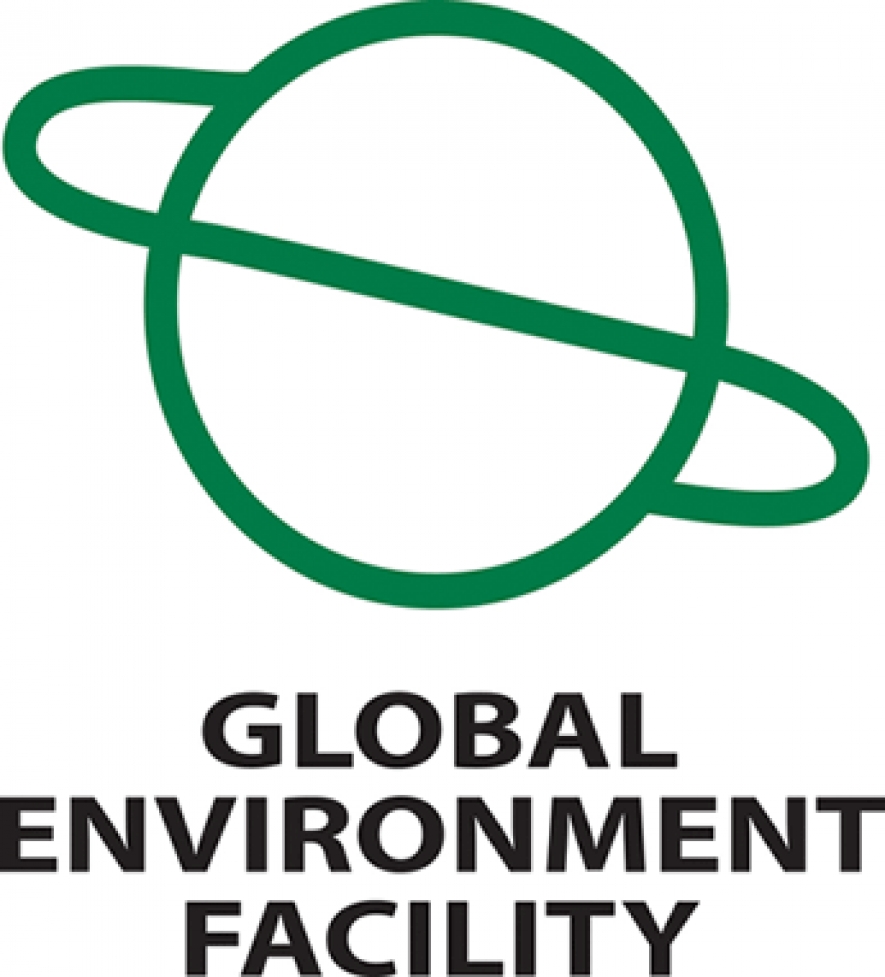Transboundary marine resources are particularly complex as there is a broad range of stakeholders with whom to consult. At the same time, these resources are affected by a wide range of issues, from overfishing and Illegal, Unregulated and Unreported (IUU) fishing, to habitat degradation, water pollution and climate change.
The FAO led project, Sustainable Management of the Bay of Bengal Large Marine Ecosystem (BOBLME), was first launched in 2009 to enhance the regional management of the area’s environment and fisheries sector. In addition to the GEF funding, the Governments of Sweden and Norway had provided financial resources in support of the project’s initial phase 2009 – 2017.
The new GEF funding will help FAO and its partners to continue working with national and local government agencies, commercial fishers, artisanal fisher-folk, academic institutions and local NGOs to further develop capacities of these groups to plan and implement a holistic ecosystem approach to the management of these resources.
Eight countries depend on the Bay of Bengal – Bangladesh, India, Indonesia, Malaysia, Maldives, Myanmar, Sri Lanka and Thailand, with some 400 million people, the vast majority of whom subsist at the poverty line or below it, and are dependent on the Bay of Bengal for their food and livelihoods. But the continuing degradation of the Bay of Bengal‘s coastal and marine resources is having a severe impact on the quality of life and the prospects for economic growth in these communities.
The BOBLME project brought together not just various Governments in the region, but also various ministries and departments. A breakthrough came when, for the first time ever, the ministries of environment and fisheries of these eight countries eventually agreed on a process to collectively manage a large marine ecosystem, and a Strategic Action Programme finally emerged.
“In developing and agreeing on a Strategic Action Programme, the countries have prioritized regional actions for collaboration and have identified their own national actions to support the sustainable management of the Bay of Bengal and the long-term wellbeing for the people who depend on it,” said FAO’s Deputy Director-General Maria Helena Semedo, who is attending the 6th GEF Assembly in Da Nang, Viet Nam this week.
The Strategic Action Programme has defined four main areas of intervention: sustainable management of fisheries, restoration of degraded marine habitats for biodiversity conservation, coastal and marine pollution management and improvement of people’s livelihoods and enhanced resilience of the coastal areas. The GEF’s renewed funding will allow for concrete actions to make the programme a reality, further contributing to enhanced food security and poverty reduction in coastal communities in the region.




















